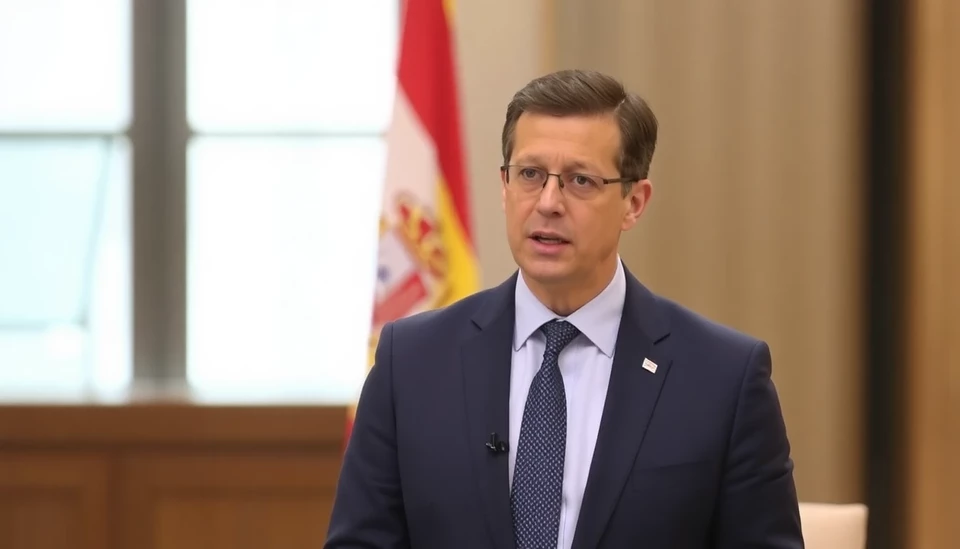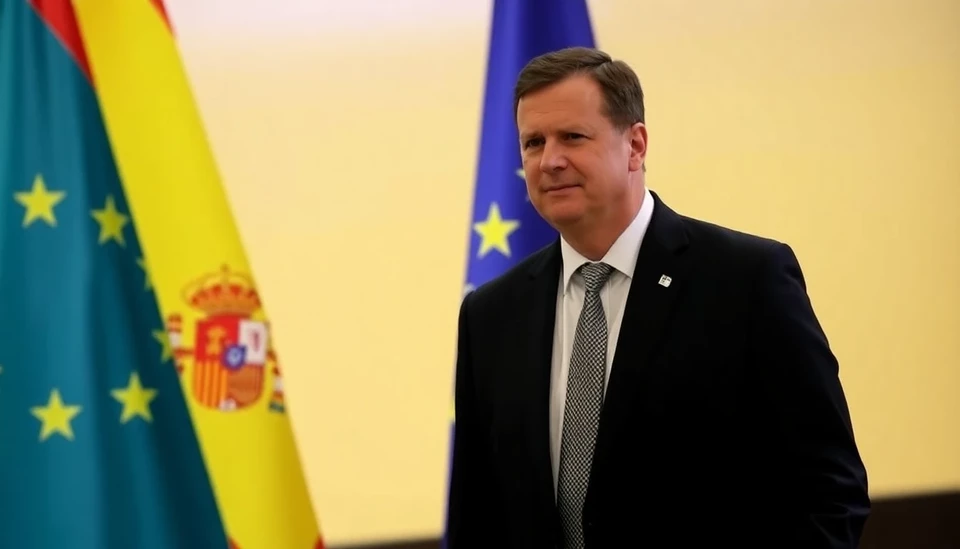
In a bold move aimed at bolstering the economy and supporting workers, Spanish Prime Minister Pedro Sánchez has unveiled plans to raise the country's minimum wage by 4.4% for the year 2025. This increase, which comes amidst ongoing economic challenges and inflation concerns, is set to elevate the minimum salary from its current level to approximately €1,260 per month.
The decision to hike the minimum wage reflects Sánchez's commitment to enhancing worker welfare and addressing economic disparities. The increase is expected to have a far-reaching impact, benefiting millions of workers across various sectors, particularly in low-wage industries that have been severely affected by recent economic fluctuations.
Sánchez articulated that the wage increase is not just a matter of economic policy, but a social necessity that aims to uplift the living standards of many families in Spain. By guaranteeing a higher minimum wage, the government seeks to promote stability and enhance the purchasing power of workers, which in turn could stimulate consumer spending and, ultimately, economic growth.
The announcement has been met with a mix of enthusiasm and caution, as labor unions generally view the wage increase as a positive step towards improving conditions for workers. However, some business leaders express concerns over the potential implications for the broader economy, fearing that higher labor costs could affect employment rates and lead to job cuts in certain sectors.
As Spain navigates a complex economic landscape characterized by inflation and rising living costs, the government remains focused on fostering a more equitable labor market. This decision to increase the minimum wage is part of a larger strategy aimed at ensuring that all workers can enjoy a decent quality of life and fair compensation for their labor.
The policy change, which is expected to come into effect early in 2025, reinforces the Spanish government's ongoing efforts to recover from the hardships caused by the pandemic and the subsequent economic downturn. In doing so, Sánchez hopes to provide a more secure future for the workforce while empowering consumers and stimulating growth.
As the year progresses and more details emerge about the implementation of this wage increase, the Spanish government will likely continue to engage in discussions with various stakeholders, including labor representatives and business organizations, to ensure that the transition is smooth and effective.
In conclusion, this move by Prime Minister Sánchez marks a significant step forward in Spain's economic policy, embodying a commitment to improving the lives of workers while maintaining a focus on economic recovery and growth.
#Spain #MinimumWage #PedroSanchez #EconomicPolicy #WorkersRights #Inflation #SocialJustice #LaborMarket
Author: Rachel Greene




